School exclusions reach record high due to 'stark inequality' and this former teacher isn't surprised
"This has been a storm that has been brewing for a number of years"
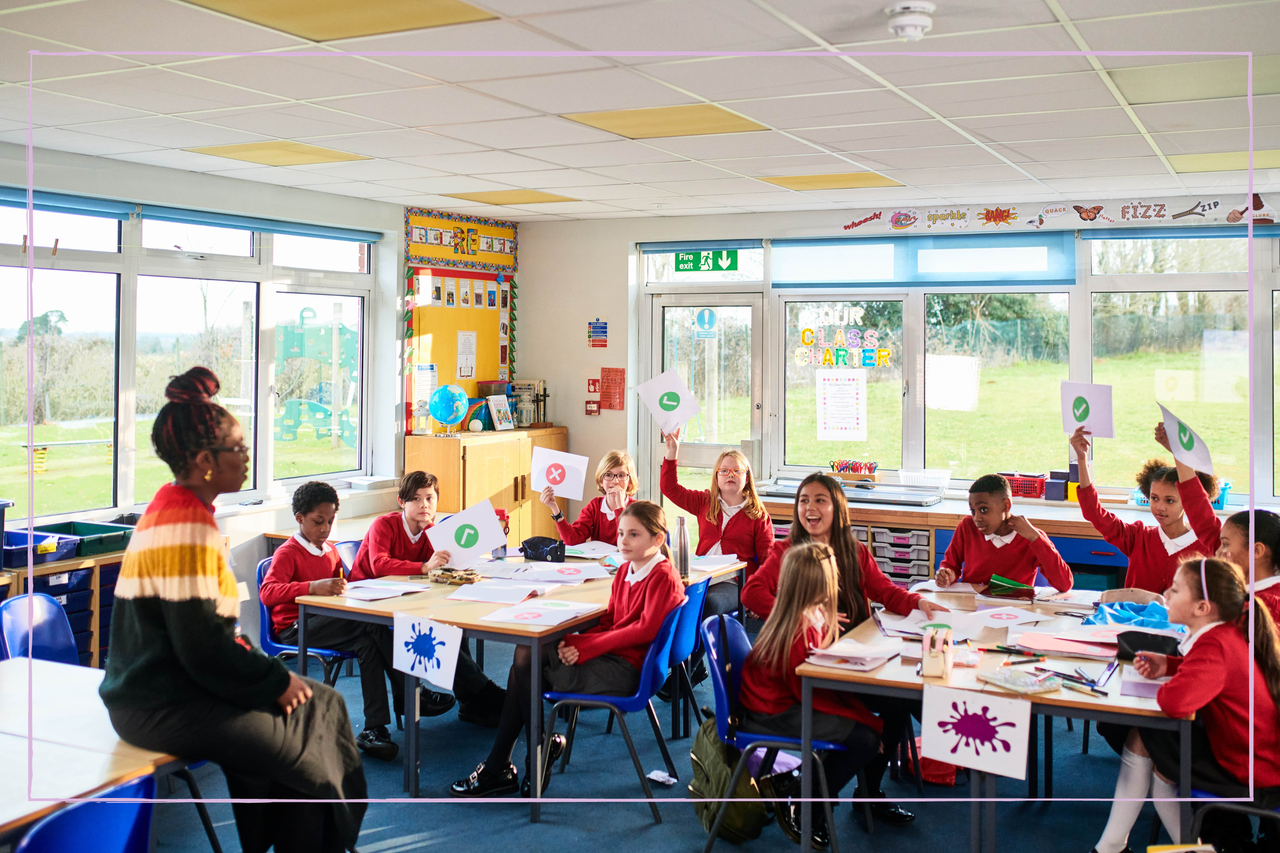
'Stark' new government figures have revealed that the number of children being excluded from school is at a record high, with a clear 'inequality' meaning certain children are more likely to be excluded than others.
While many children are gearing up to finish classes and begin enjoying their school summer holidays, thousands are already at home, missing out on vital education because they've been permanently excluded from lessons.
In a record new high, a total of 9,376 children were permanently excluded from school during the previous school year [2022/2023], a rise of 44% from the year before. The number of children handed temporary suspensions also rose over that time, with 786,961 missing out on classes for a short period.
The government figures showed a stark and clear inequality in those students who were more likely to be suspended, with the most vulnerable kids often being the ones to suffer.
More than half of all suspensions were handed out to children growing up in poverty, with children from Gypsy Roma and Traveller backgrounds, as well as from mixed white and Black Caribbean backgrounds, also being more likely to be suspended.
Male pupils were also more likely to be suspended than female students and were more than twice as likely to be expelled.
Those who were eligible for free school were also five times more likely to face permanent exclusion.
GoodtoKnow Newsletter
Parenting advice, hot topics, best buys and family finance tips delivered straight to your inbox.
But why are these children being removed from education? According to the government report, 'persistent disruptive behaviour' was the most common reason given by schools for both suspensions and permanent exclusions. But Sam Whitfield, a former Head of Year at a secondary school, tells GoodtoKnow that this disruptive behaviour is often a symptom of students' underlying problems that schools, and the government, should deal with in the educational setting, not exclude them for.
In his Head of Year role, Sam was in charge of behaviour and pastoral care for the kids in his year group and was directly involved in deciding whether to remove a child from school. He was not shocked by the government findings and told GoodtoKnow exclusively, "This has been a storm that has been brewing for a number of years.
"There has been a long-term shortage in funding for schools to support students who may require additional support in adjusting to the rigours of school life. There has been a severe shortage of pupil spaces at alternative learning providers, meaning that students who should be accessing special schools are unable to and are being left to flounder in the mainstream setting. Schools are then left with little option but to suspend and exclude as they must be seen to maintain behaviour standards."
He added, "When I was teaching there was a near 12-month waiting list for students to be assessed and access external support for autism. Added to this is the fact that school curriculums are often not fit for purpose for these students as the school is pressured to show strong academic performance, at the expense of adjusting methods of learning or being able to provide a more tailored and supportive approach. It is like trying to fit square pegs into round holes, and then being surprised when things don't go together."
In other family news, primary school is 'costing parents £6,000' according to new research - here's 6 ways to save money. And, are you worried about school fines for holidays? Taking your kids away during term time could be a maximum £160 fine per parent. Plus, your reaction to your kid's school report impacts more than you realise - psychologist says 'get curious', here's why.
Charlie Elizabeth Culverhouse is a news writer for Goodtoknow, specialising in family content. She began her freelance journalism career after graduating from Nottingham Trent University with an MA in Magazine Journalism, receiving an NCTJ diploma, and earning a First Class BA (Hons) in Journalism at the British and Irish Modern Music Institute. She has also worked with BBC Good Food and The Independent.
-
 Why do I crave sugar? Causes of sugar cravings and how to stop them
Why do I crave sugar? Causes of sugar cravings and how to stop themIf you're someone who suffers from sugar cravings you'll know how hard it is to give up the sweet stuff. But you're not alone.
By Debra Waters Published
-
 Low sodium diet: the benefits of reducing salt and what foods to eat
Low sodium diet: the benefits of reducing salt and what foods to eatBy Emily-Ann Elliott Published
-
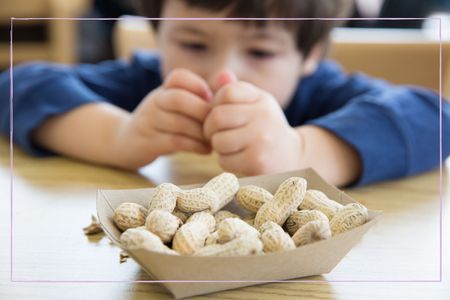 12 things parents of allergy children really want everyone to know
12 things parents of allergy children really want everyone to knowWe spoke to some parents who have children with allergies - they want everyone to know just how serious and debilitating it can be when your child suffers allergic reactions to food.
By Lucy Wigley Published
-
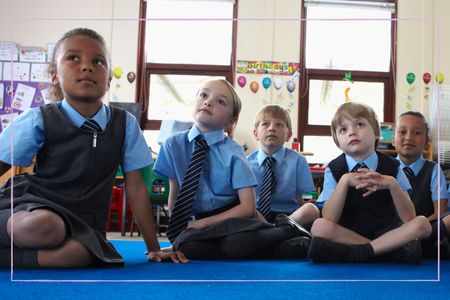 Want to feel old? Watch hilarious video of kids baffled by the school tech their parents used
Want to feel old? Watch hilarious video of kids baffled by the school tech their parents usedMost schoolchildren have no idea what the common classroom tech from just a generation ago was used for, let alone how to use it
By Charlie Elizabeth Culverhouse Published
-
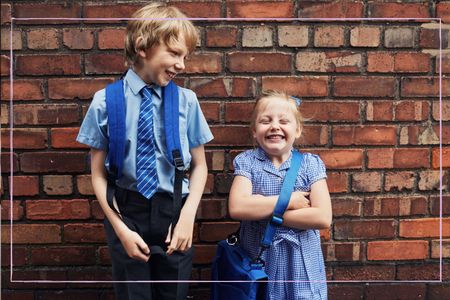 Back to school photo checklist - here's what parents need to think about first, from an expert
Back to school photo checklist - here's what parents need to think about first, from an expertBefore you post that adorable back to school photo online for your friends and family to see, a parenting expert wants you to think carefully about how much the picture reveals.
By Lucy Wigley Published
-
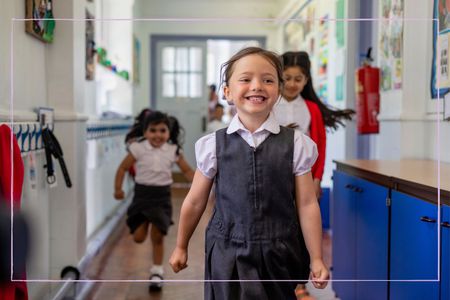 4 phrases to help kids settle on first day back at school, according to a child development expert
4 phrases to help kids settle on first day back at school, according to a child development expertIt's natural for kids to struggle with some 'separation anxiety' when returning to the classroom, and dealing with it is so much easier with expert insight
By Charlie Elizabeth Culverhouse Published
-
 Oasis reunite - the 15 facts your kids need to know about 90s band
Oasis reunite - the 15 facts your kids need to know about 90s bandEducate your kids on music's most infamous falling out and get them just as excited as you are for the Oasis reunion
By Charlie Elizabeth Culverhouse Published
-
 5 surprising ways rushing your kids out the door can be damaging, according to experts
5 surprising ways rushing your kids out the door can be damaging, according to expertsAre you always rushing your kids out the door? Life is a constantly hectic schedule and although you need to be places on time, it can actually be damaging to kids.
By Lucy Wigley Published
-
 10 ways Millennial parents are ‘breaking the cycle’ - and teaching kids life lessons they were never taught
10 ways Millennial parents are ‘breaking the cycle’ - and teaching kids life lessons they were never taughtBeing a 'cycle-breaker' is vital for parents who want their kids to learn life lessons they were never taught
By Charlie Elizabeth Culverhouse Published
-
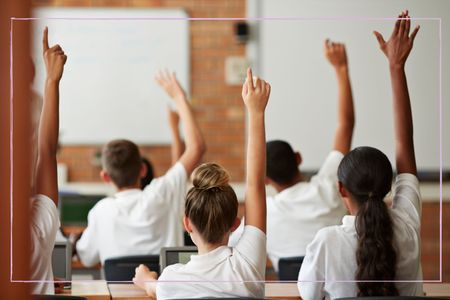 Plans to teach children how to spot ‘disinformation, fake news and putrid conspiracy theories’ in schools unveiled
Plans to teach children how to spot ‘disinformation, fake news and putrid conspiracy theories’ in schools unveiledIn a bid to tackle how children interpret what they see online and how they spot fake news, the government has announced how this will be handled in schools.
By Lucy Wigley Published